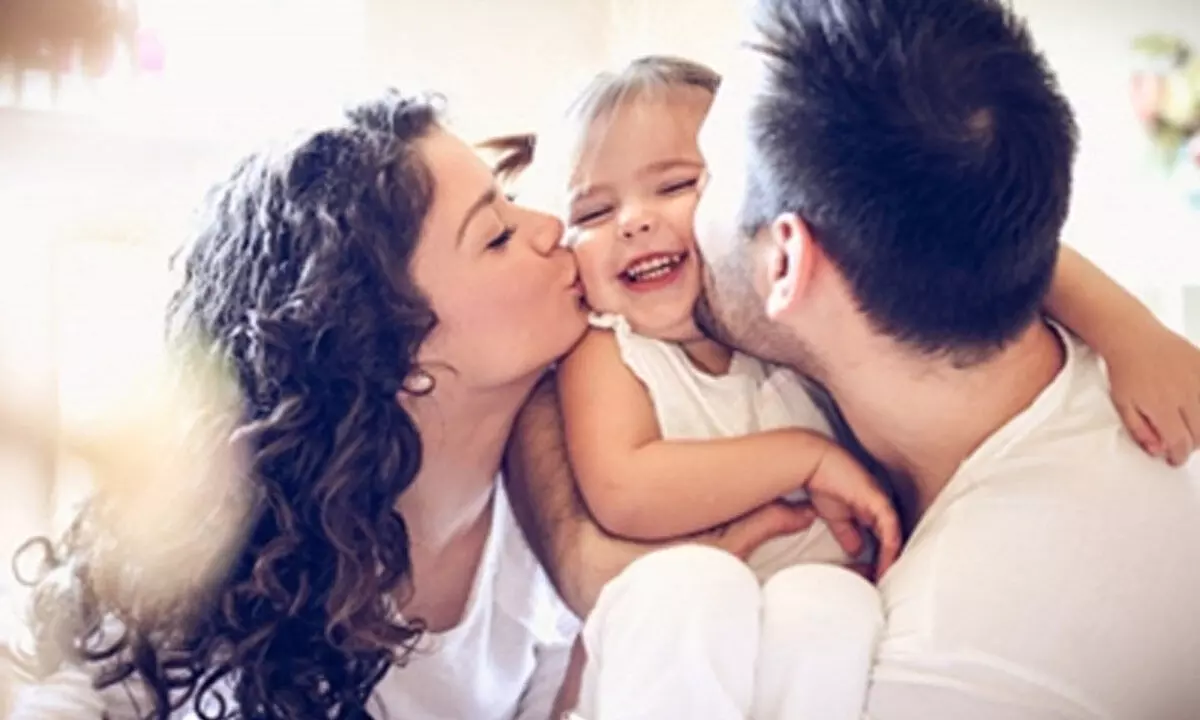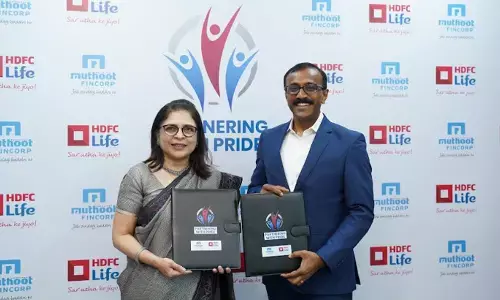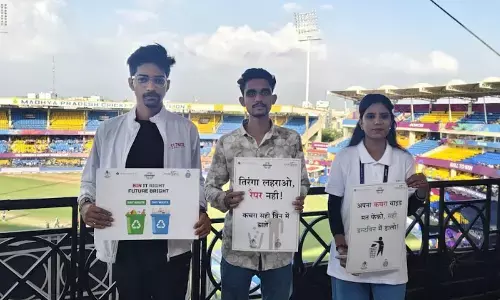New moms & dads increasingly turn to social media for parenting advice
Share :

New parents facing tough times to handle their newborns and toddlers with rocking them to sleep, feed and potty training, are increasingly turning to social media for help, according to a study.
New York: New parents facing tough times to handle their newborns and toddlers with rocking them to sleep, feed and potty training, are increasingly turning to social media for help, according to a study.
The study is based on a US national poll on responses from 614 parents with at least one child aged 0-4.
It showed that four in five parents go to social media to discuss such parenting issues.
Nearly half of parents rate social media as very useful for getting new ideas to try, according to the University of Michigan Health C.S. Mott Children’s Hospital National Poll on Children’s Health.
“Many parents turn to online communities to exchange advice or discuss parenting challenges because it may seem faster and easier than asking a health professional,” said Mott Poll co-director Sarah Clark.
“Finding parent comradery in this space can have benefits but parents should keep in mind that every family’s experience is different and not everything they hear online may be accurate or the right thing for their child," she added.
Most mothers and over two-thirds of fathers of children these ages look to social media for parenting advice or to share their experiences.
The most common discussions included toilet training (44 per cent), kids’ sleep (42 per cent) nutrition/breastfeeding (37 per cent), discipline (37 per cent), behavior problems (33 per cent), vaccination (26 per cent), daycare/preschool (24 per cent), and getting along with other kids (21 per cent).
Three fifths of parents said they talk about these topics on social media because they want to hear different ideas while one in four said it’s convenient or they want to do things differently than their parents.
Fewer said they use these platforms because they don’t have family or friends nearby, don’t have enough opportunities to ask their child’s healthcare provider or are too embarrassed to ask in person.
More than a third of parents also rate social media as very useful for making them feel like they’re not alone and learning what not to do while a fourth said it helps them decide whether to buy certain products.
One in 10 parents of young children who use social media also described it as very useful in deciding when to take their child to the doctor.
However, with young children, Clark noted, “it is usually prudent to contact the child’s primary care provider with any questions.”
Telehealth visits and messaging through patient portals, she added, are efficient ways for parents to ask for guidance and determine if the child needs to be seen in person.
Most parents also identify at least one aspect of social media sharing that concerns them, such as seeing other parents doing something unhealthy or dangerous for their child or others finding out their family’s private information or sharing photos of their child without their child’s permission.
Nearly 80 per cent of parents also feel other parents overshare on social media by bragging about their child or sharing too often or too much.
Meanwhile, over 60 per cent believe parents may give personal information that could identify the child’s location or embarrass the child when they’re older.
Nearly half also said they have seen parents post information that is false while more than a quarter have noticed some parents sharing inappropriate photos of a child’s body.
“Parents acknowledge concerns related to sharing too much about their kids on social media,” Clark said.
“Families should consider whether their child may one day be embarrassed about having personal information shared without their consent; a good rule is if you have any doubt, don’t share it. In addition, parents should consult with parents of other children in photos for approval before sharing them on social media.”










